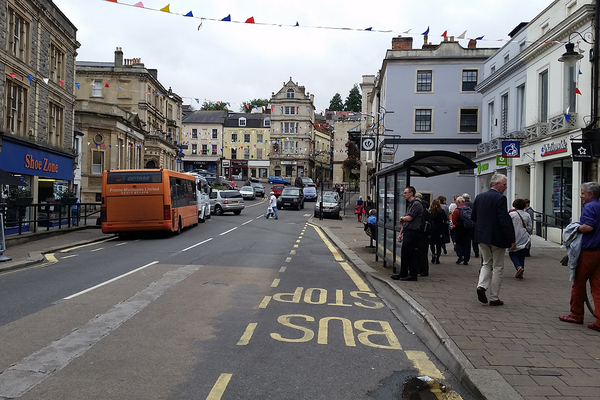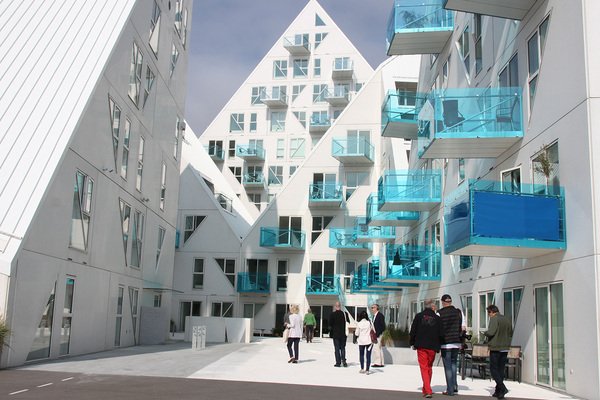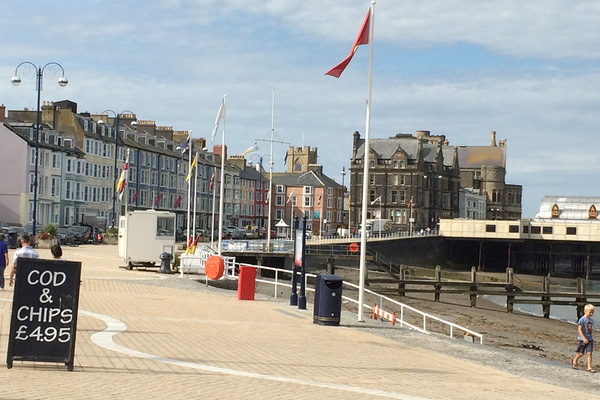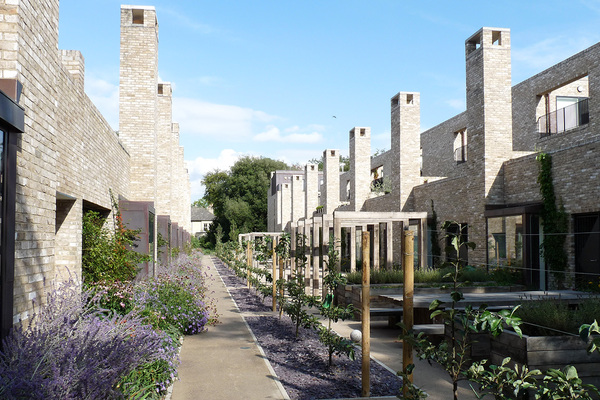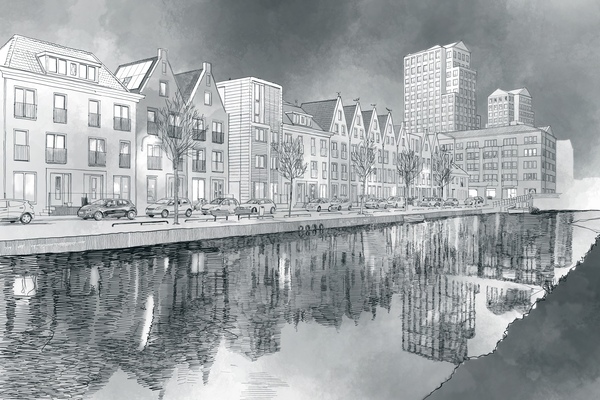Candidate: Frome
Location: Somerset, UK
Category: The Great Town Award (winner)
Year: 2016
Other Finalists in this category: Halifax, Yorkshire and Margate, Kent
Learning Moments
1. Reinventing local governance
Frome has reinvented the general role of the town council. The removal of decision-making from a party political focus and the emphasis on community decision-making has led to consistency and clarity of purpose over the years. Now this needs to be strengthened by establishing a strong strategic partnership with District and County Councils.
2. Creative use of funding at a local level
The town council is showing courage in its ability to take risks on substantial loans from public and other sources, including the low-interest Public Works Fund. Frome also demonstrates how it is possible to make permanent change by bringing land and buildings into community use, e.g. by crowdfunding the purchase of land to stop a housing development and to create public open space.
3. The strength of partnership
The town invests in practical projects that weave together community, environmental and commercial activity often pursued by public/private/voluntary partnerships of one kind or another, releasing energy in the community. The ‘SHARE – A Library of Things’ has attracted international interest as a model for a community sharing scheme.
4. A laboratory of ideas
A laboratory of ideas that urban settlements of any scale can learn from, Frome shows that the big city model is not the only model. It has proved that there are advantages in towns taking this stance, particularly because the impact can be tested much more rapidly at this scale. It is a place that values learning over success.
5. Focus on happiness and well-being
Frome’s Neighbourhood Plan can be used as an effective tool, based on innovative and continuous engagement, rather than being a slave to process. Much of what is happening could be categorised as under sustainability but the town also has happiness and well-being at the centre of its philosophy. Some of this may sound soft-edged, but it works, appeals to all, and leads in positive directions.
Assessment Summary
Independence is the leitmotif for Frome which is showing the way for places to become resilient by taking control of their destiny. For example, it has discarded the conventions for running a town council and established a progressive, risk-taking and supportive third tier authority that genuinely cares about the town and its communities. Independent councillors and their staff have provided a unique platform from which the town has grown and blossomed over the past five years. The town council has successfully taken on the responsibility of economic, environmental and community development. The Neighbourhood Plan could be the mechanism that enables better collaboration with Mendip District Council, and allows Frome communities to manage development in the context of the Local Plan, particularly for major opportunities like the huge Saxonvale site that is adjacent to the town centre and has been the subject of debate for over 15 years.
A traditional market town, Frome is host to a number of events including the annual Frome Agricultural & Cheese Show and has an exceptional range of cultural and community facilities including two volunteer-run theatres and a music venue. There are aspirations to widen the cultural offer further through the creation of a cultural hub incorporating a gallery, museum and The Cheese and Grain music venue. The town council has helped develop green spaces, installed a new section of the National Cycle Network as part of the town’s infrastructure, and created play areas, a BMX track and new allotments. The town’s relative affluence and its prosperous catchment can support and sustain its many amenities and activities.
Frome’s character, while not unique, is certainly appealing, and the town has managed to build on this very effectively. A slump through the 1960s and 70s has proved a great benefit, avoiding crass redevelopment. The town has ca. 400 listed buildings and there has been significant investment in the historic fabric from Rook Lane Chapel to the shops in Catherine Hill. There are good examples of new buildings in the town that manage to avoid pastiche and fit well in scale and materials. Despite Frome not being a picture postcard town with its rough edges and run-down areas, its social diversity is well catered for by the variety of amenities and retail offers. In part, this accounts for the minimum level of friction between the ‘new’ Frome and the established Frome, which could have been greater under less sensitive governance and purely market-led leadership.
Recent public and private sector investment has ensured that town centre streets are lively and active, and that there are a number of events animating them. One excellent example is The Frome Independent, a monthly market and street entertainment event established by a young former City-based entrepreneur, who has also developed small business units.
The commercial vitality of the place is astonishing for a town of its size in a location that is within easy reach of Bath and Bristol. Not long ago, the historic Catherine Hill was relatively run-down with many voids. Working with English Heritage, the county and the district councils, however, the street was restored and the retail vacancy rate of 60% has now been reduced to 5%. Much of this has been led by entrepreneurs and businesses that have seen Frome’s potential as a relatively cheap and welcoming place to set up businesses, but without the loss of familiar chains. Its connections and location mean that specialist retail shops can rely on prosperous visitors looking for somewhere interesting to buy. Whilst some shops on Catherine Hill are shop windows for internet-based sales, one clothing retailer can run a successful business relying largely on visitors from London. The town compares extremely favourably with neighbouring small towns where the local retailing has been badly affected by the introduction of too many multiples. Although it has an out-of-town offer, Frome has been able to contain it to a degree that ensures it complements the town centre.
Frome is benefitting from being a cheaper place to live and work than Bath or the Cotswolds, and has a fairly regular train service to London and local services to Bath and Weymouth plus good road access to the West Country and the M4/M5 motorway network. The workspace and support networks are good with excellent start-up and incubator provision and the mutual support between businesses is an impressive model for the future. There is a real demand for small units and a local company has developed improved internet access for surrounding villages ahead of BT’s infrastructure. Nonetheless, low local unemployment is largely attributed to the existence of many zero-hours and self-employed workers, so typical of the independent, service and hospitality-based businesses.
Frome’s revival is largely due to the commitment of relative newcomers to making it a great place to live and work and to create a model of good governance and community participation. Sustaining the social diversity is an issue, and there is a concern about changes in the schools provision from a three-tier system (lower, middle and higher) to competition from a nearby academy school and the first publicly-funded Steiner Free School in England. The original education structure worked well because everyone, irrespective of background, went through school together, which helped reinforce a close-knit community. This is a national issue that is particularly affecting Frome, although the Steiner School is now a major employer.
Frome Council excels in its response to environmental issues working in collaboration with the district council and a dedicated part-time town council officer. There is a concentration of businesses producing environmental products and services and an emphasis on getting them to network and build further opportunities. The energy cooperative is impressive; the electric car share scheme and ‘SHARE – A Library of Things’ are all great examples of how small communities can embed environmental principles into the commercial and social fabric of the place. The town council has taken the risk of buying back the old Town Hall which will be managed by a trust for use as a community space as well as small offices for local charities and the council itself.

